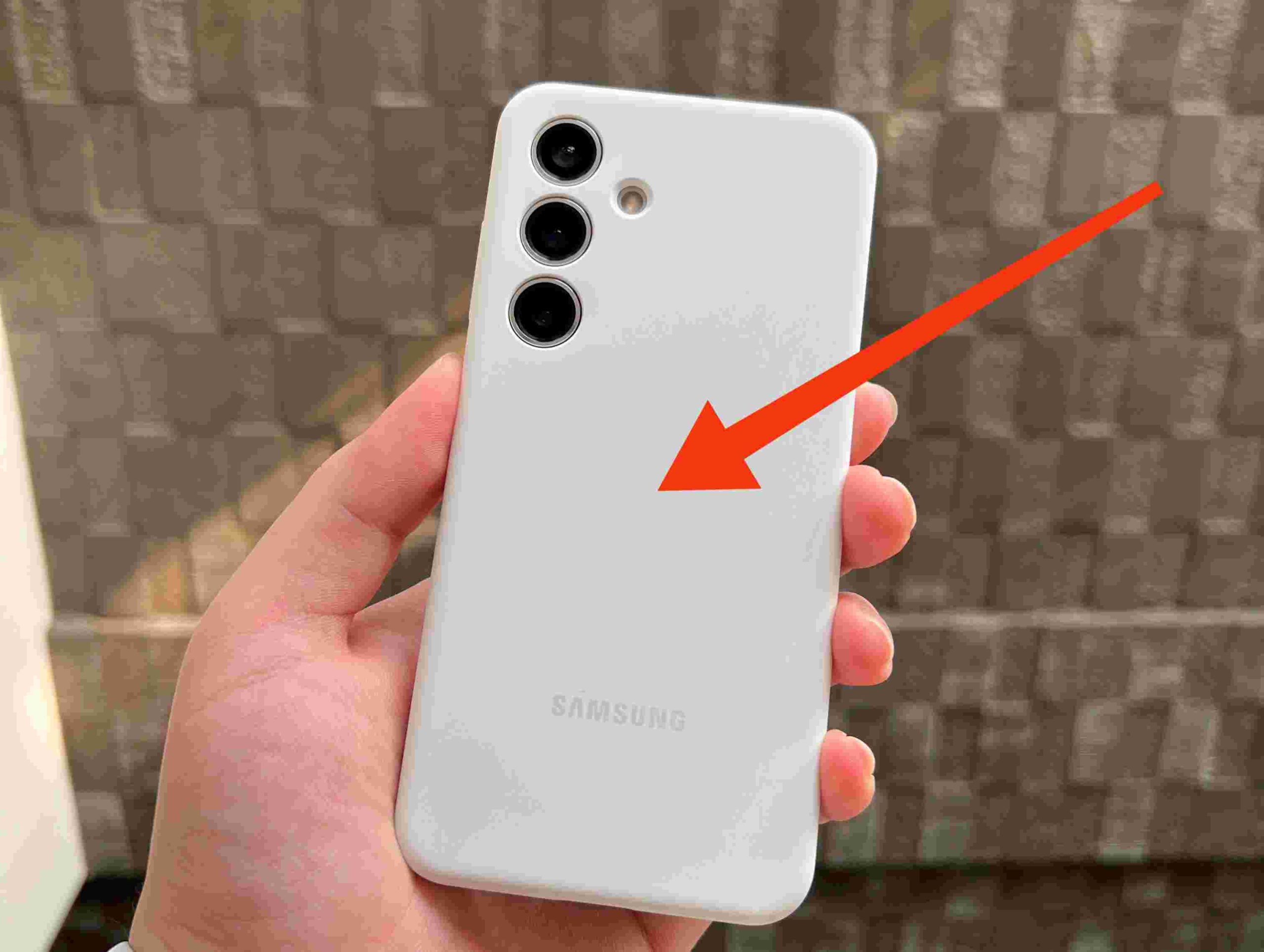Hey guys as I’ve promised, so let’s talk about a common issue that some Samsung phones with Exynos SoC processors face: overheating.
It’s a real annoyance, isn’t it? Your phone getting all hot and bothered for no apparent reason.
Well, I’ve got some tips and tricks to help you fix this issue and even prevent it from happening in the future. Let’s dive in!
1. Identify the Culprit:
First things first, let’s figure out what’s causing your Samsung phone to overheat.
It could be due to a rogue app hogging up all your CPU resources or maybe even a malfunctioning battery.
Check your phone’s battery usage stats to see if any particular app is draining too much power.
2. Update Your Software:
Samsung regularly releases software updates to improve the performance and stability of their devices.
Make sure your phone’s software is up to date by heading to Settings > Software Update. This might just solve the overheating issue if it’s caused by a software bug.
3. Limit Background Processes:
Some apps love running in the background, sucking up precious CPU cycles and causing your phone to heat up.
Go to Settings > Apps and manually close any apps that you’re not using.
You can also limit background processes for specific apps to prevent them from running unnecessarily.
4. Keep Your Phone Cool:
This might seem obvious, but keeping your phone cool can go a long way in preventing overheating.
Avoid leaving your phone in direct sunlight or in hot environments for extended periods.
You can also invest in a phone cooling pad or case to help dissipate heat more effectively.
5. Check Your Battery Health:
A faulty or degraded battery can also cause your Samsung phone to overheat.
Check your battery health by downloading a battery monitoring app from the Play Store.
If your battery health is less than optimal, consider replacing it with a new one.
6. Optimize Performance Settings:
Samsung phones come with a bunch of performance settings that you can tweak to your liking.
Head to Settings > Device Care > Battery > Power mode and choose a power mode that suits your usage.
You can also enable Performance Mode for an extra boost in performance, but be aware that this might cause your phone to heat up more quickly.
7. Avoid Intensive Tasks:
If your phone tends to overheat during certain tasks, like gaming or video streaming, try to avoid doing those activities for extended periods.
These tasks can be quite demanding on your phone’s hardware and can cause it to heat up more quickly.
8. Use Battery Saver Mode:
When in doubt, activate Battery Saver mode to limit background activity and conserve battery life. This can help reduce the strain on your phone’s hardware and prevent it from overheating.
9. Consider Underclocking:
If you’re feeling adventurous, you can try underclocking your phone’s CPU to reduce its operating frequency and power consumption.
There are plenty of third-party apps available on the Play Store that allow you to tweak your phone’s CPU settings, but proceed with caution as this can potentially void your warranty.
10. Consult Samsung Support:
If all else fails, don’t hesitate to reach out to Samsung support for assistance.
They might be able to provide further troubleshooting steps or even replace your device if it’s still under warranty.
Overheating in batteries can be caused by a variety of factors, but here are some common culprits:
- High Ambient Temperatures: When your phone is exposed to hot environments or direct sunlight for extended periods, it can cause the battery temperature to rise.
- Intensive Usage: Tasks that require a lot of processing power, such as gaming, video streaming, or using GPS navigation, can put a strain on your phone’s hardware and lead to overheating.
- Faulty Battery: A degraded or faulty battery can also contribute to overheating. Over time, batteries lose their ability to hold a charge efficiently, which can cause them to generate excess heat during charging or discharging.
- Poor Ventilation: Insufficient airflow around your phone, such as when it’s placed on soft surfaces like a bed or a couch, can impede heat dissipation and lead to overheating.
- Background Processes: Some apps running in the background may consume excessive CPU resources, leading to increased heat generation. Closing unnecessary apps can help alleviate this issue.
- Charging Habits: Using a low-quality charger or leaving your phone plugged in for prolonged periods, especially when it’s already fully charged, can cause the battery to heat up.
- Software Glitches: Occasionally, software bugs or glitches can cause your phone’s CPU to work overtime, resulting in increased heat production. Updating your phone’s software to the latest version can help resolve these issues.
- Hardware Defects: In rare cases, hardware defects such as a malfunctioning power management unit or thermal management system can cause your phone to overheat. Consulting with a technician or contacting the manufacturer’s support may be necessary to address such issues.
By identifying and addressing the underlying causes of battery overheating, you can help prolong the lifespan of your device and ensure safe and efficient operation.
So there you have it, my friend – some handy tips and tricks to help you fix and prevent overheating issues on your Samsung phone with Exynos SoC.
Remember, prevention is always better than cure, so make sure to take good care of your device to keep it running smoothly for years to come.
